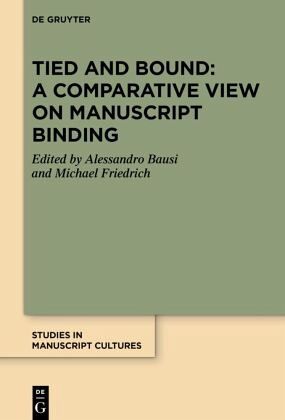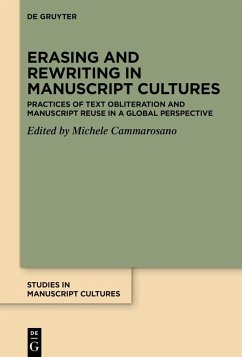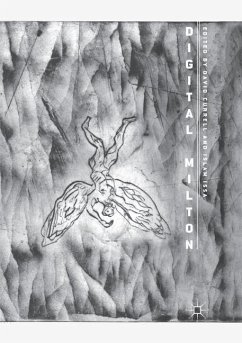
Tied and Bound: A Comparative View on Manuscript Binding
Versandkostenfrei!
Versandfertig in 6-10 Tagen
88,99 €
inkl. MwSt.

PAYBACK Punkte
44 °P sammeln!
The present volume contains twelve chapters authored by specialists of Asian, African and European manuscript cultures reflecting on the cohesion of written artefacts, particularly manuscripts. Assuming that 'codicological units' exist in every manuscript culture and that they are usually composed of discrete elements (such as clay tablets, papyrus sheets, bamboo slips, parchment bifolios, palm leaves), the issue of the cohesion of the constituents is a general one. The volume presents a series of case studies on devices and strategies adopted to achieve this cohesion by manuscript cultures di...
The present volume contains twelve chapters authored by specialists of Asian, African and European manuscript cultures reflecting on the cohesion of written artefacts, particularly manuscripts. Assuming that 'codicological units' exist in every manuscript culture and that they are usually composed of discrete elements (such as clay tablets, papyrus sheets, bamboo slips, parchment bifolios, palm leaves), the issue of the cohesion of the constituents is a general one. The volume presents a series of case studies on devices and strategies adopted to achieve this cohesion by manuscript cultures distant in space (from China to West Africa) and time (from the third millennium bce to the present). This comparative view provides the frame for the understanding of a phenomenon that appears to be of essential importance for the study of the structure of written artefacts. Regardless of the way in which cohesion is realised, all strategies and devices that allow the constituents to be kept together are subsumed under the term 'binding'. Thus, it is possible to highlight similarities, convergences, and unique physical and technical methods adopted by various manuscript cultures to face a common challenge.












